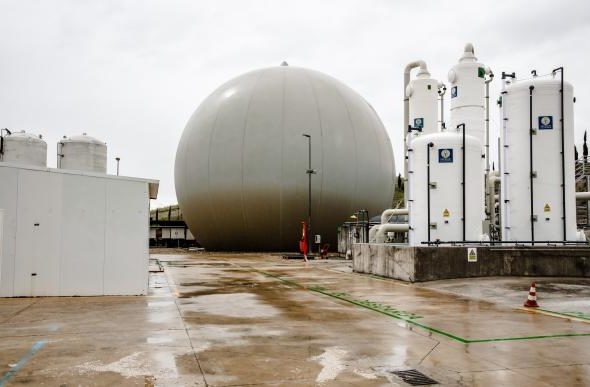Cepsa started an internal reorganization process to give its subsidiaries greater corporate weight. The company decided to transfer part of its corporate processes to its divisions with the intention of giving them greater autonomy and thus accelerating their green transformation.
The first of the subsidiaries to be segregated in the company was Cepsa Química.
The subsidiary started operating with its own corporate structure since January 2022, providing it with greater flexibility and speed for decision-making and to take advantage of market opportunities.
The energy transition requires responsiveness, rapid management decisions and speed of implementation.
Cepsa, together with its shareholders, Mubadala and Carlyle, are reviewing all the strategic options of the Chemical business to accelerate its growth and consolidate its position of global leadership.
The company has hired Citi to analyze the possibilities that this business can offer, considering the sale, which would be valued at close to 3,000 million, the incorporation of a partner in the shareholding or even maintaining the current status quo if prices are not considered adequate.
The operation launched by Cepsa also follows the steps taken by other companies such as BP. The British oil company sold its chemical business to Ineos at the beginning of the year for 5,000 million.
Austria’s OMV is also drawing up plans to split into separate energy and chemicals businesses in a strategy in which Cepsa’s main shareholder Mubadala and Austrian state holding company OeBAG also play a key role.
The Abu Dhabi sovereign wealth fund has ensured that it will not change its investment strategy in 2022 and will continue to focus on renewable energy, technology and life sciences as they expect more liquidity globally since economies emerge from the COVID-19 pandemic.
Cepsa, which is preparing to unveil its future strategy in 2022, is a world leader in the production of LAB, the most widely used raw material internationally in the production of biodegradable detergents, both for domestic and industrial use. In addition, it is also used in household cleaning products and bar soaps. The company has LAB plants in Spain, Canada and Brazil, whose total production represents 15% of world supply.
The oil company is also a pioneer in technological developments for the production of this raw material and its manufacturing process is used by companies around the world. Currently, four out of every five new LAB plants are built with Deta technology, co-licensed by Cepsa and UOP in the 1990s.
Privacy Overview
This website uses cookies so that we can provide you with the best user experience possible. Cookie information is stored in your browser and performs functions such as recognising you when you return to our website and helping our team to understand which sections of the website you find most interesting and useful.





